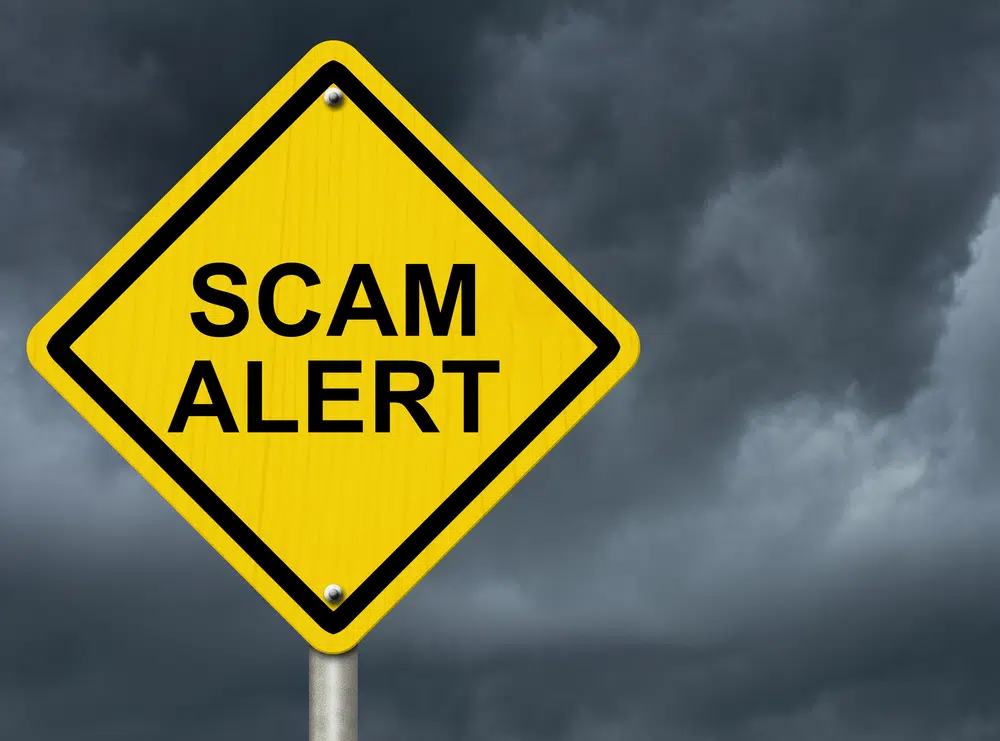FEMA Fraud Strikes Disaster Victims
Home Help Center FEMA Fraud Strikes Disaster Victims

When the worst happens, it is terrible to think that scammers are waiting to strike. Hurricanes, tropical storms, floods, forest fires…there’s no shortage of natural events that leave devastation in their wake. However, for too many disaster victims, falling into a criminal’s trap can make a horrible situation devastatingly worse.
FEMA, the US government’s Federal Emergency Management Agency, has now issued a public warning concerning the tactics that scammers have used to target disaster victims:
- First, ask for ID. If anyone wants to enter your home or requests your personal identifiable information, check his or her FEMA ID before complying. Remember, a shirt or jacket with a logo is not the same thing as an authenticating badge that they work for the agency.
- Keep in mind that different people working on behalf of or under the authority of FEMA—such as insurance adjustors or flood inspectors—may carry a different ID badge, but they will still be able to provide it upon request.
- If anyone is reluctant to show their badge or takes offense, then that should serve as a red flag that something might not be right.
- It is important to remember that FEMA and other authorized agents do not accept or charge money for their services. Home inspections, application assistance, and other related services are all free of charge.
- Also, some scams have already been reported in which victims were told they could pay a fee for faster service, such as having electricity restored sooner or having their insurance claims processed faster. That is completely false.
It is absolutely vital that victims keep their information secure. If you are unsure or uncomfortable with anyone you encounter, even if they claim to be a state or federal emergency management official, do not give out your personal information. If the situation warrants, contact your local law enforcement immediately.
It is worth noting that you do not have to have filed a claim for FEMA support to be a victim of this kind of fraud. If you are in an area that has been affected by a disaster and FEMA is working in the vicinity, it is a good idea to see if a claim has been fraudulently filed in your name, even if you have not submitted your own claim. That way, your name and identifying information will not be associated with a false claim while a scammer reaps the benefit.
Contact the Identity Theft Resource Center for toll-free, no-cost assistance at (888) 400-5530. For on-the-go assistance, check out the free ID Theft Help App from ITRC.
How much information are you putting out there? It’s probably too much. To help you stop sharing Too Much Information, sign up for the In the Loop.
Get ID Theft News
Stay informed with alerts, newsletters, and notifications from the Identity Theft Resource Center

